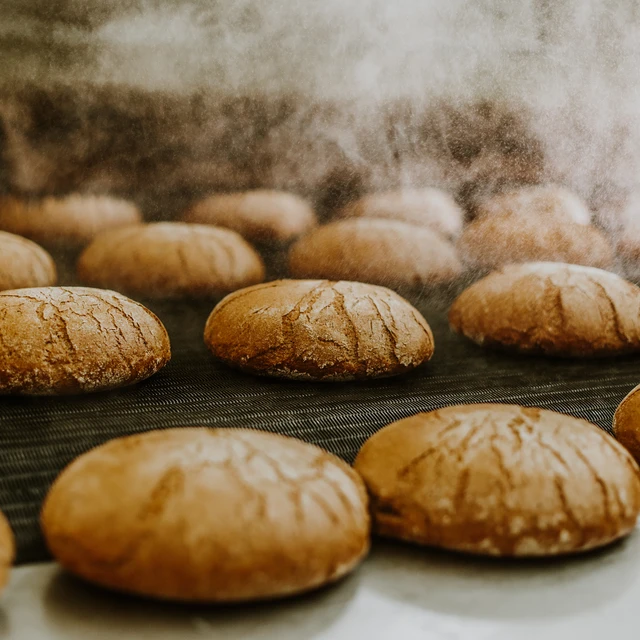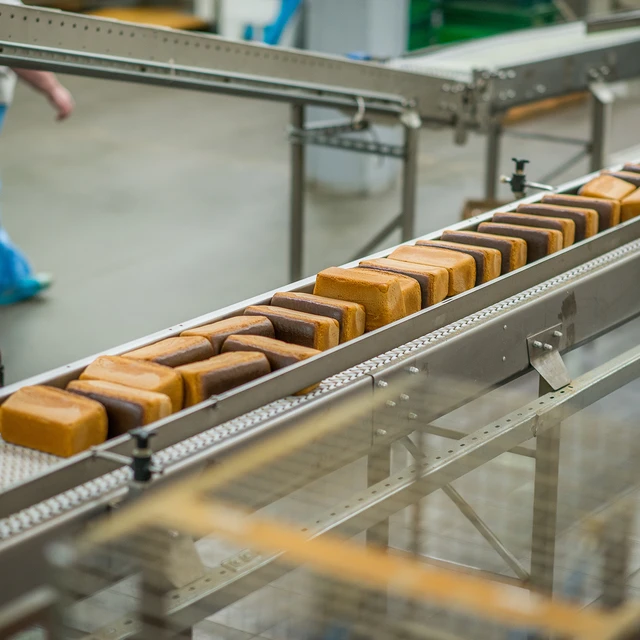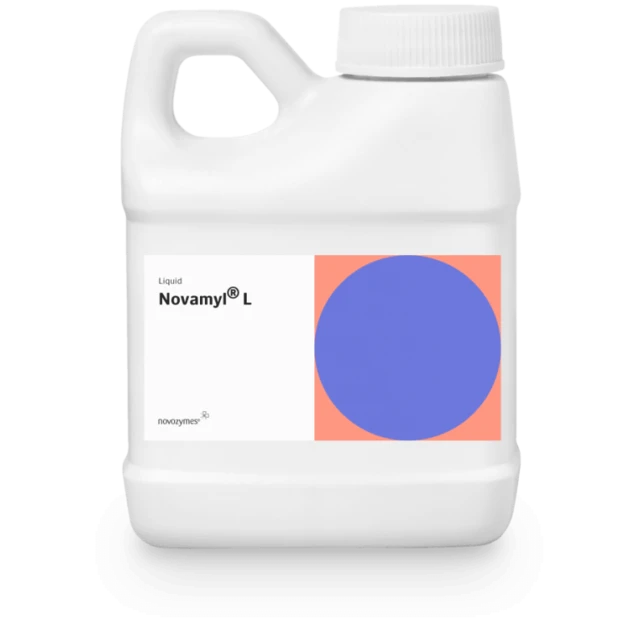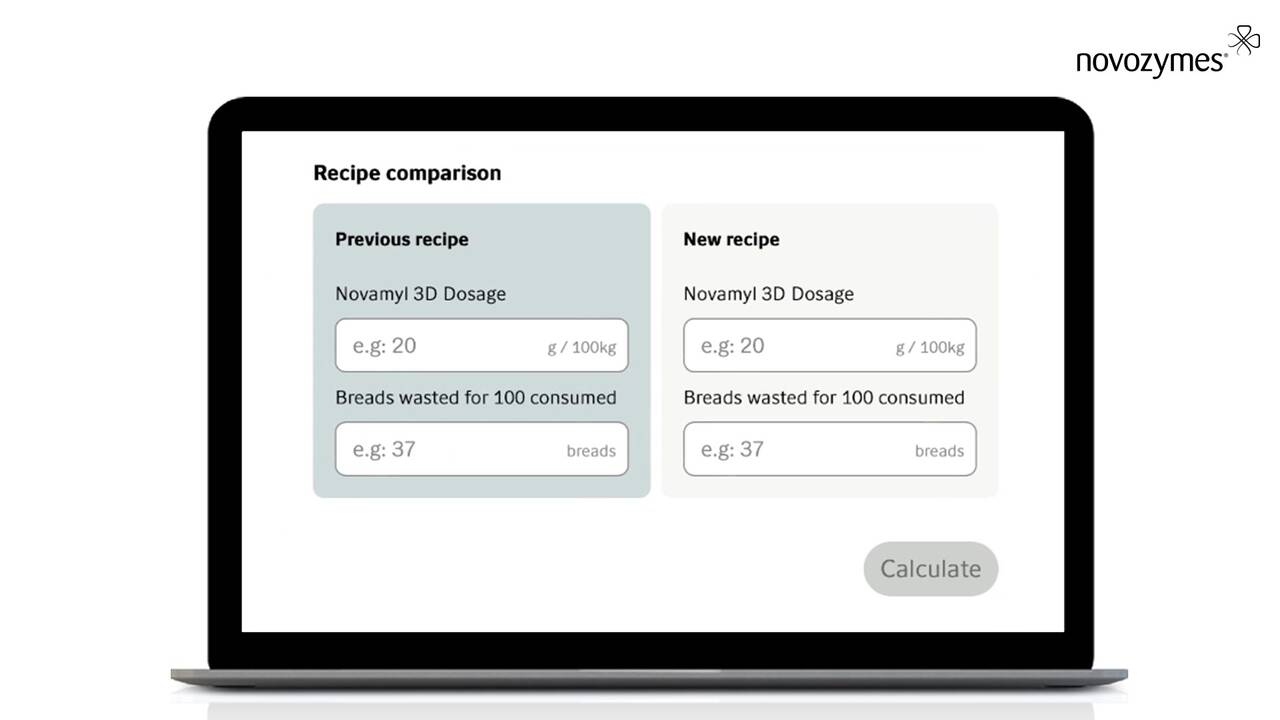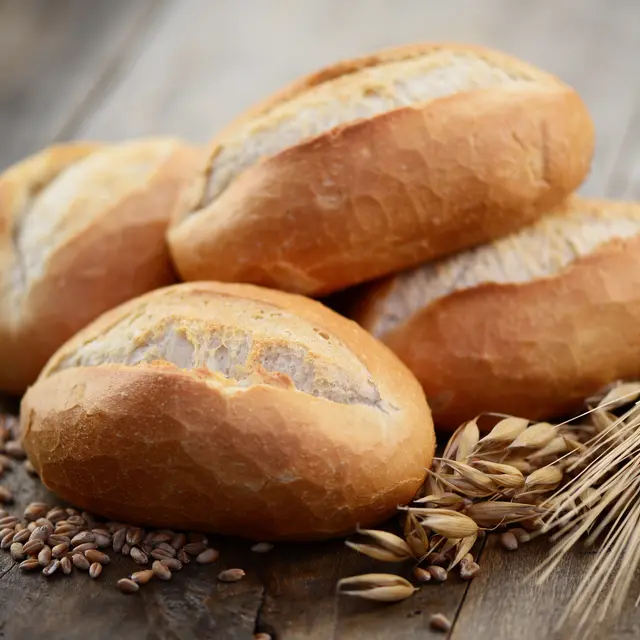A value chain partner with a commitment to sustainability
Although the food sector has a significant carbon impact, the good news is that there are lots of opportunities to do things better. You and your customers may be seizing those opportunities and setting ambitious sustainability goals. Reaching those goals takes smarter, more sustainable solutions. It also takes value chain partners who share your commitment to sustainability.

